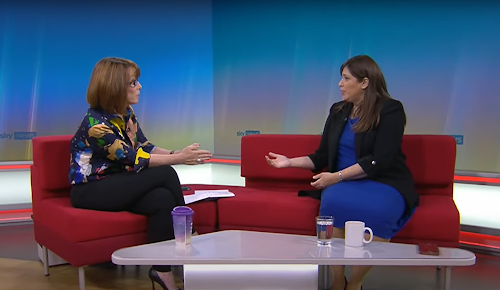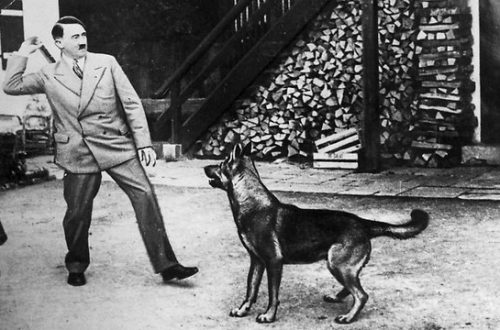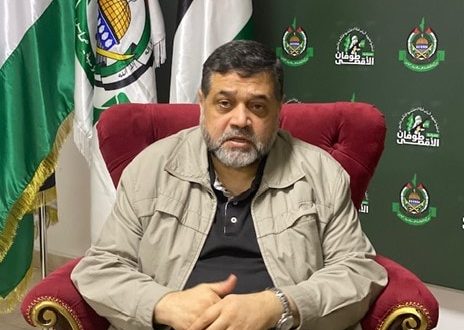The Taliban has executed hundreds of people it had accused of collaborating with coalition forces or the Afghan government.
Maverick bean-spillers, Wikileaks, recklessly published classified military documents relating to the war in Afghanistan without thoroughly editing out the names of civilian individuals helping the fight against the Taliban. The Taliban has pledged to track down and murder these people.
Wikileaks owner, Julian Assange, defended his actions by claiming that: “All the material is over seven months old so is of no current operational consequence, even though it may be of very significant investigative consequence.”
This is absurd, since there is clearly no time-limit on the names or details of civilians who have provided information about the Taliban to the US forces.
However, despite widespread criticism – and horror – Wikileaks has been slow to remedy the situation and instead, bizarrely, has blamed the US military for failing to cooperate with them in publishing the documents.
Now, reports the BBC, several concerned Human Rights organisations, including Amnesty International, the Afghan Independent Human Rights Commission, the Campaign for Innocent Victims in Conflict, the Open Society Institute and the International Crisis Group have written to Assange urging him to remove the names.
Nader Nadery of the Afghan Independent Human Rights Commission stated bluntly:
“There was no consideration about civilian lives… We said that in the future the names should be redacted and the ones that are already there need to be taken down. Even though it is late, it still worth doing.”
They have received no response to their urgent request.
I fear that this sort of behaviour will become typical of aloof, ego-driven and sensationalist Internet reporting. Arguably the media has always been like this. But in the past they didn’t have the technology to cause this much harm at the touch of a button. The war cry of the Internet ‘citizen journalist’ is that “information wants to be free.” But what does this mean for human freedom?


